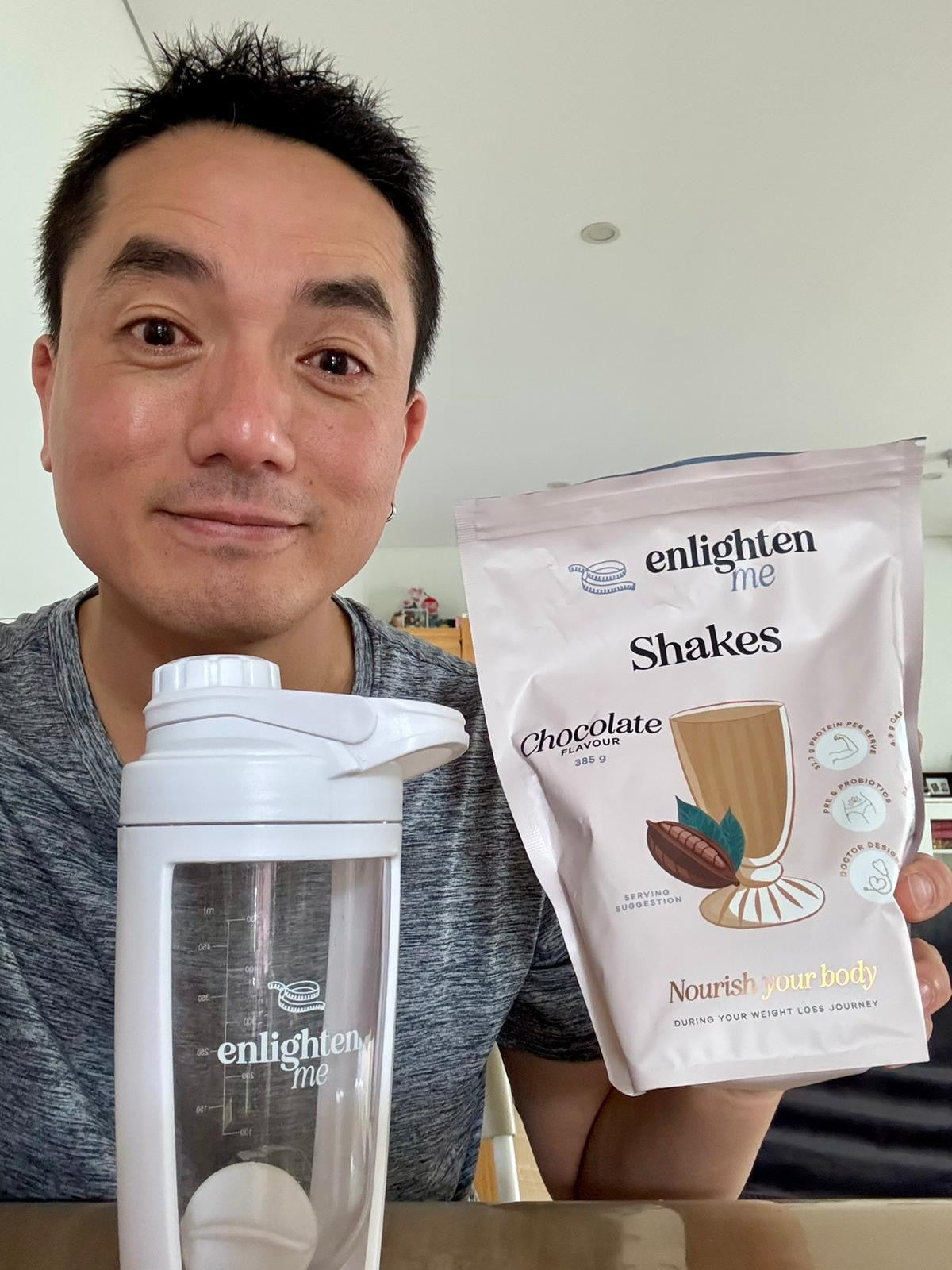
Tackling Misinformation in Women’s Health: Why Clinicians Must Lead
Share
Misinformation spreads faster than ever before - and when it comes to women’s health, the consequences are deeply personal. Myths about menstrual health, fertility, perimenopause, and weight management aren’t just harmless chatter. They can delay diagnosis, prolong suffering, and silence women who desperately need care.
For too long, women’s health has been wrapped in stigma and taboo. When symptoms are minimised or ignored, the silence becomes fertile ground for myths to grow unchecked. And when women turn to social media for answers, what they often find is information that feels relatable but isn’t always reliable - and the cost can be years of unnecessary pain and confusion.
When Misinformation Hurts
The real danger lies not in curiosity or conversation, but in the consequences of acting on inaccurate advice.
- Heavy menstrual bleeding is often dismissed as “normal.” In reality, it can signal conditions such as fibroids, endometriosis, or bleeding disorders. Many women are told to “just put up with it” and left managing complications such as fatigue, fainting, and dizziness. Without timely intervention, this can mean years of preventable suffering.
- Perimenopause often goes misunderstood. Women may be told symptoms are “in their head” or prescribed antidepressants that do not address the underlying issue. Many remain fearful of hormonal treatments because of myths, misconceptions, and false narratives. The result is unnecessary distress and an untreated decline in quality of life, alongside overlooked risks such as osteoporosis and cardiovascular disease.
- Weight stigma is another area where misinformation does harm. Women are often judged - by friends, loved ones, even health professionals - who assume that difficulty losing weight is due to personal failure or lack of discipline. In reality, weight is shaped by a complex interplay of genetics, environment, medical conditions, medications, and social and psychological factors. Stigma not only delays care - it fuels shame and prevents women from accessing compassionate, medically supervised support.
In each case, misinformation isn’t a harmless story passed around online. It translates into lived experiences of unnecessary suffering, stigma, and lost years of wellbeing.
“Misinformation in women’s health doesn’t just mislead - it causes real suffering.”
Why Women Are Especially Vulnerable
Women are particularly exposed to misinformation for several reasons:
- High reliance on social media for health information, where accuracy isn’t guaranteed.
- Taboo topics - menstrual periods, hormones, and weight are often treated as too sensitive, stigmatised, or shameful to discuss openly. This silence creates the perfect conditions for myths to thrive.
- Erosion of trust when healthcare concerns are minimised or dismissed, pushing women to seek answers elsewhere.
Misinformation is appealing because it often feels validating or offers simple, emotionally resonant solutions. But beneath that reassurance lies risk: delayed diagnoses, avoidable complications, and barriers to effective care.
Celebrating Clinicians Who Lead
Against this backdrop, clinicians who step into the public conversation are breaking the cycle of silence. By challenging myths, normalising difficult conversations, and sharing evidence-based insights, they are actively protecting women from harm.
Clinician leadership is powerful because it is:
- Evidence-based - rooted in science and clinical experience, not fear or commercial interest.
- Stigma-free - creating safe, respectful spaces to discuss heavy bleeding, menopause, or weight.
- Empowering - helping women feel confident to seek care, ask questions, and advocate for themselves.
Watch: Doctors Reclaiming the Narrative
We’re proud to share this collaboration with Women’s Agenda, featuring three experts deeply committed to women’s health:
🎥 Dr Angela Kwong - GP with a special interest in medically supervised weight loss
🎥 Dr Talat Uppal - Gynaecologist specialising in abnormal uterine bleeding
🎥 Dr Sneha Wadhwani - GP with a special interest in women’s health
Together, they explore how misinformation thrives, the harm it causes, and why clinicians must be the ones to dismantle myths and replace them with clarity, compassion, and truth.
A Call to Women
If you encounter a health claim online, pause and ask:
- What’s the evidence behind this?
- Who is providing the advice, and what are their qualifications?
- Does it encourage connection with a healthcare provider - or discourage it?
If it sounds too good to be true, it likely is. Your health deserves more than myths.
By supporting clinicians who bravely step forward, we can replace silence with conversation, stigma with compassion, and misinformation with knowledge. When doctors lead, women’s health is no longer defined by shame or confusion, but by clarity, dignity, and empowerment.











